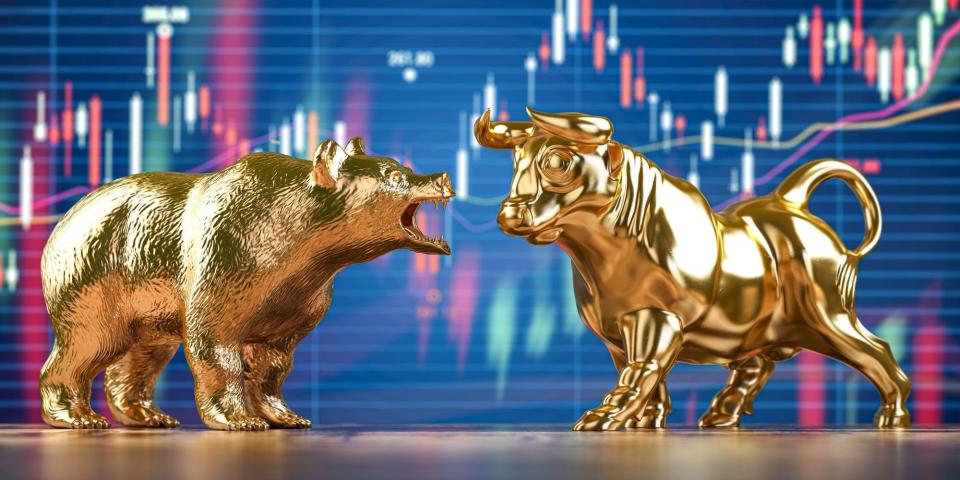There’s a growing risk of a stock market melt-up, according to market veteran Ed Yardeni.
Yardeni said the return of the “Fed Put” means stocks could soar on the anticipation and realization of interest rate cuts.
But stock market melt-ups are rarely sustainable and are often followed by a painful decline.
There’s a growing risk that the Federal Reserve could spark a stock market melt-up, according to market veteran and investment strategist Ed Yardeni.
The “Fed Put,” or the idea that the Fed will save the stock market with interest rate cuts amid any sign of economic weakness, has returned to markets after Fed Chairman Jerome Powell indicated last month that the next interest rate decision is likely to be a cut, not a hike.
“Investors’ expectation that the Fed would nip a recession in the bud by easing means that the Fed Put is back,” Yardeni told clients in a note on Tuesday. “Its return reduces the risk of a recession and a bear market. It increases the risk of a melt-up in the stock market.”
Ultimately, investors’ anticipation of monetary easing by the Fed via interest rate cuts, whether realized or not, could unleash a new wave of animal spirits that catapults the stock market a lot higher from here.
Yardeni himself sees the S&P 500 rising to record highs by the end of the year at 5,400, and has also suggested that the index could soar as much as 25% to 6,500 through 2026.
“We don’t expect any recession this year that the Fed would have to address by easing. But since some investors think that may happen, the Fed Put is back. With it comes increased risk of a stock market meltup,” Yardeni said.
Aiding Yardeni’s bullish outlook for stocks, and the potential risk of an unsustainable stock market boom, is the fact that earnings expectations continue to rise following better-than-expected first-quarter results.
Wall Street analysts now expect S&P 500 earnings growth of 10.1% this year, accelerating to 13.9% in 2025 and 11.8% in 2026, which represents an increasingly bullish outlook for corporate profits.
“As we’ve often observed in the past, if the odds of a recession are low, then S&P 500 forward earnings is a very good leading indicator of actual earnings,” Yardeni explained. And rising earnings are what ultimately drive stock prices higher in the long-term.
But the growing risk of a stock market melt-up coincides with the risk of a stock market sell-off, as melt-ups are rarely sustainable and are usually quickly followed by a swift and painful decline.
For investors, the question is whether or not a potential stock market melt-up and subsequent decline will happen at prices a lot higher or lower from current levels.
Read the original article on Business Insider
Credit: Source link




